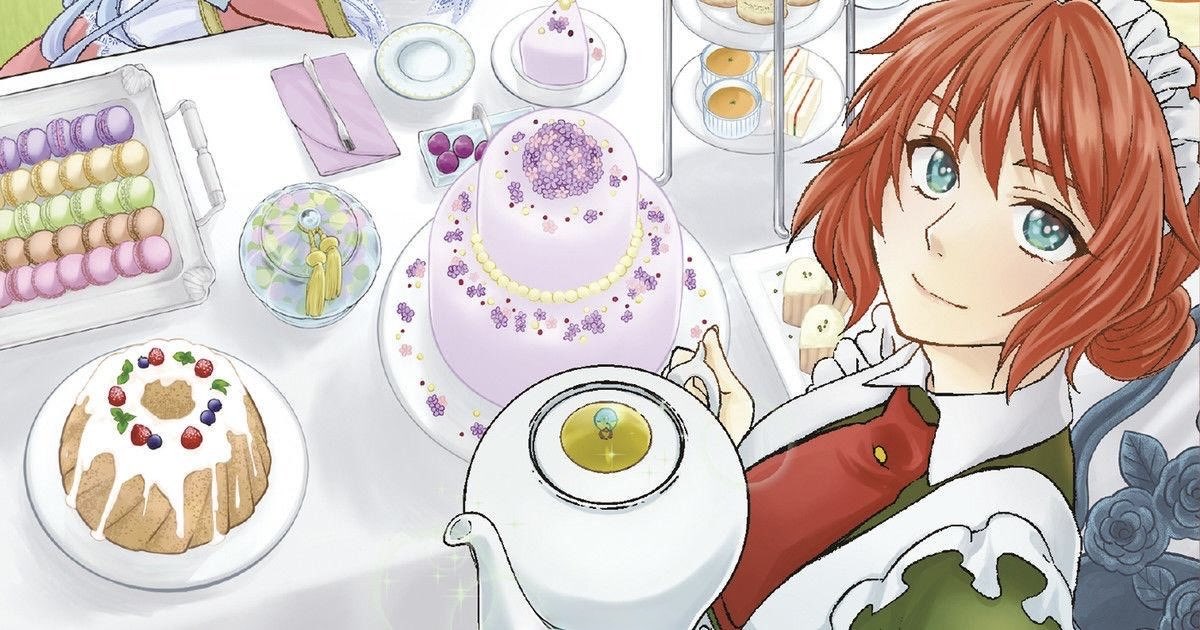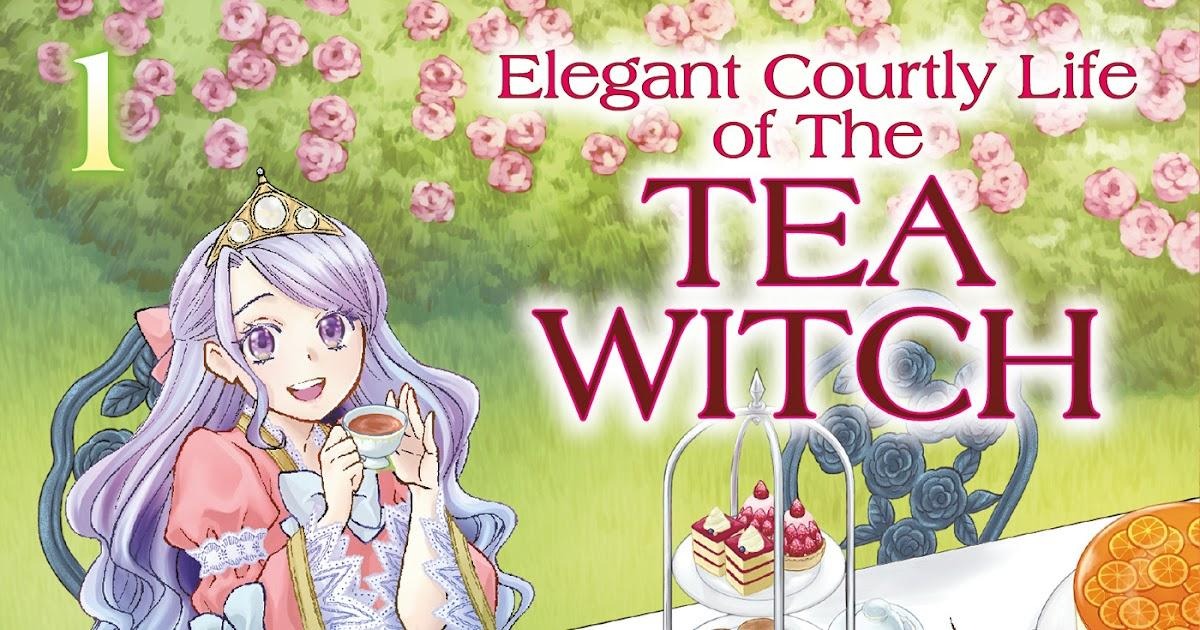In a magical kingdom where spellcasters compete for power, one woman would rather brew a perfect cup of lavender tea. If you’re browsing ComicK for a story that soothes your soul while gently poking fun at fantasy tropes, “Elegant Court Life of the Tea Witch” is the cozy rebellion you didn’t know you needed.
Remy Pullus: A Witch With No Interest in Power Games
In the grand halls of Shtora, a kingdom ruled by magical elites and time-honored traditions, Remy Pullus is considered something of an oddity. While other mages conjure firestorms and radiant light, Remy’s talents are botanical. Specifically, she brews tea.
Not just any tea, of course. Remy’s concoctions can soothe anxiety, sharpen focus, and neutralize poison. But in a court obsessed with spectacle and control, subtlety is weakness and Remy is all too happy to be underestimated.
She wants nothing more than to be left alone in her office with her herbs, her kettle, and a good book. No war, no politics, no expectations. Unfortunately for her, court life is never that simple.

Enter Princess Stella: Lonely Royal, Unlikely Friend
Everything changes the moment Princess Stella takes notice of Remy. At twelve, Stella is a curious, rebellious spirit suffocating under her royal duties. Drawn to Remy’s calm presence and unique magic, she asks her the unthinkable: “Will you be my friend?”
Then, even more shocking: “Will you go on a date with me?”
Remy, of course, is mortified. Not only because of the girl’s age, but because of what such a relationship platonic or otherwise would mean in Shtora’s rigid, hierarchical society. A princess speaking so familiarly with a common tea witch? Scandalous.
Yet Remy can’t bring herself to reject the girl outright. Stella is sincere, isolated, and refreshingly honest. She doesn’t want Remy’s power. She wants her company.
A Cozy Fantasy That Challenges the Genre
What makes “Elegant Court Life of the Tea Witch” special is how it flips traditional fantasy on its head. Most magical protagonists strive to prove themselves worthy. Remy wants the opposite she wants to stay under the radar.
That tension between society’s expectations and one woman’s quiet rebellion is the heart of the story. And the storytelling doesn’t rely on action scenes or romantic entanglements to keep you engaged. Instead, it thrives on nuance: social dynamics, personal boundaries, the quiet resistance of being kind in a cruel system.
It’s cozy, yes. But also clever. Sharp. Full of wit beneath its soft aesthetic.
Magic That’s Quietly Powerful
The magic system in Shtora is beautifully crafted. Each witch or wizard has an affinity for a specific type of spellwork fire, light, metal, etc. It’s rigid, hierarchical, and deeply political.
Remy’s tea-based magic seems laughable in comparison until it’s not. Her subtle ability to enhance the properties of herbs allows her to gently manipulate outcomes: calming nobles, healing soldiers, even unraveling schemes with a single steeped blend.
She’s not a warrior. She’s not a strategist. But she’s dangerous in her own way and that makes her a quiet threat to those who hunger for dominance.

Court Politics, Friendship, and Found Family
While Stella’s initial crush is the narrative’s spark, it’s not the endgame. The story’s true emotional core is about belonging. It’s about the yearning for connection in a world where every relationship is transactional.
Through Stella, Remy is pulled unwillingly into the spotlight. She’s named the princess’s guardian, a position that gives her status she never wanted. With it comes envy, scrutiny, and danger. Other mages begin to plot, jealous of her access to the crown.
And yet, through all of it, the bond between Remy and Stella deepens not romantically, but as two lonely people finding solace in one another. It’s tender, awkward, and profoundly human.
Aesthetic, Art, and Audience
Illustrated by Yorifuji, the series leans into a classic shojo-inspired aesthetic with lush, expressive character designs. It feels like Final Fantasy filtered through a Victorian teahouse. Think long coats, delicate lace, maid uniforms, and spellbooks all filtered through warm, soothing paneling.
The backgrounds are immersive, yet never overwhelming. Every detail, from the tea cabinet to the embroidery on a dress, feels intentional.
Though it features a child princess with a crush, the story never tips into anything inappropriate. It’s rated 15+ more for its emotional complexity than its content. There’s no nudity, no violence just the quiet discomfort of navigating power, caste, and connection.
Why You Should Read It
If you’re tired of overpowered protagonists and endless battles, “Elegant Court Life of the Tea Witch” offers something gentler. It’s a cozy rebellion a fantasy that whispers instead of shouts.
And if you’re reading on ComicK, know this: Remy may never throw a fireball, but her story will warm you from the inside out.
